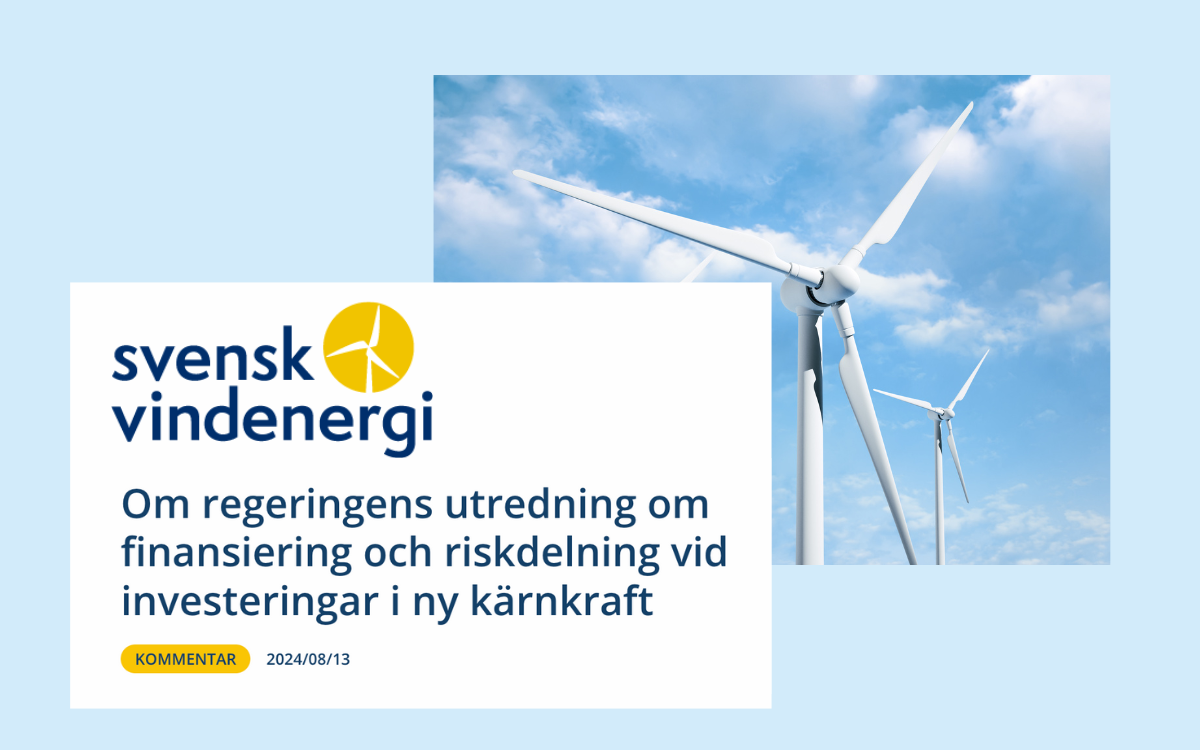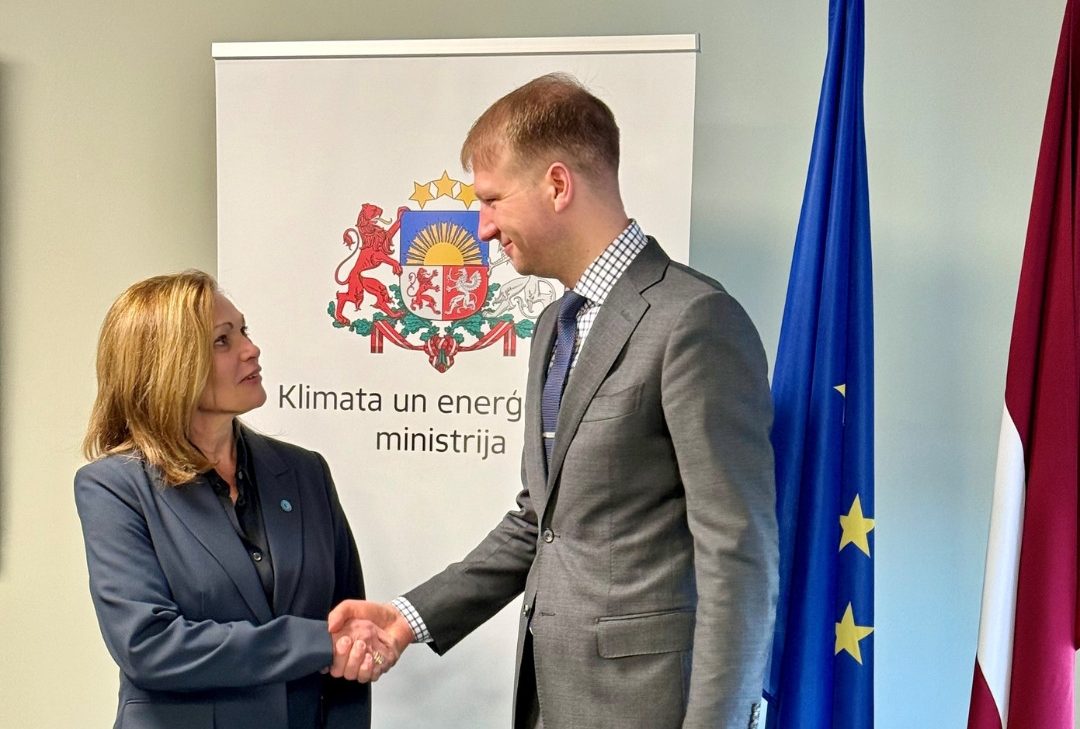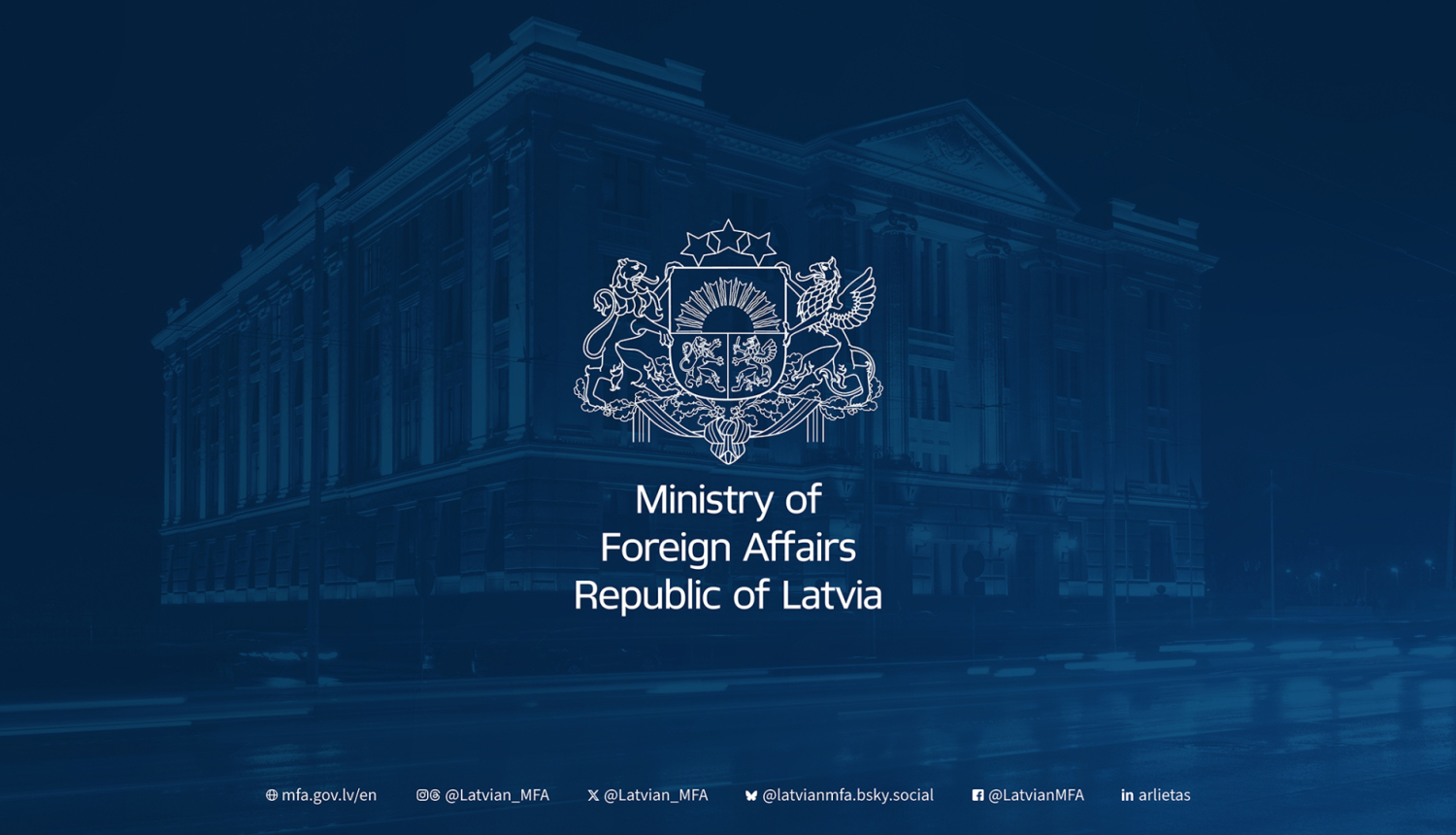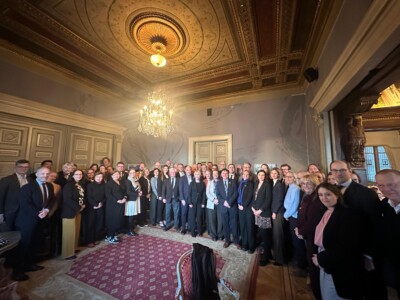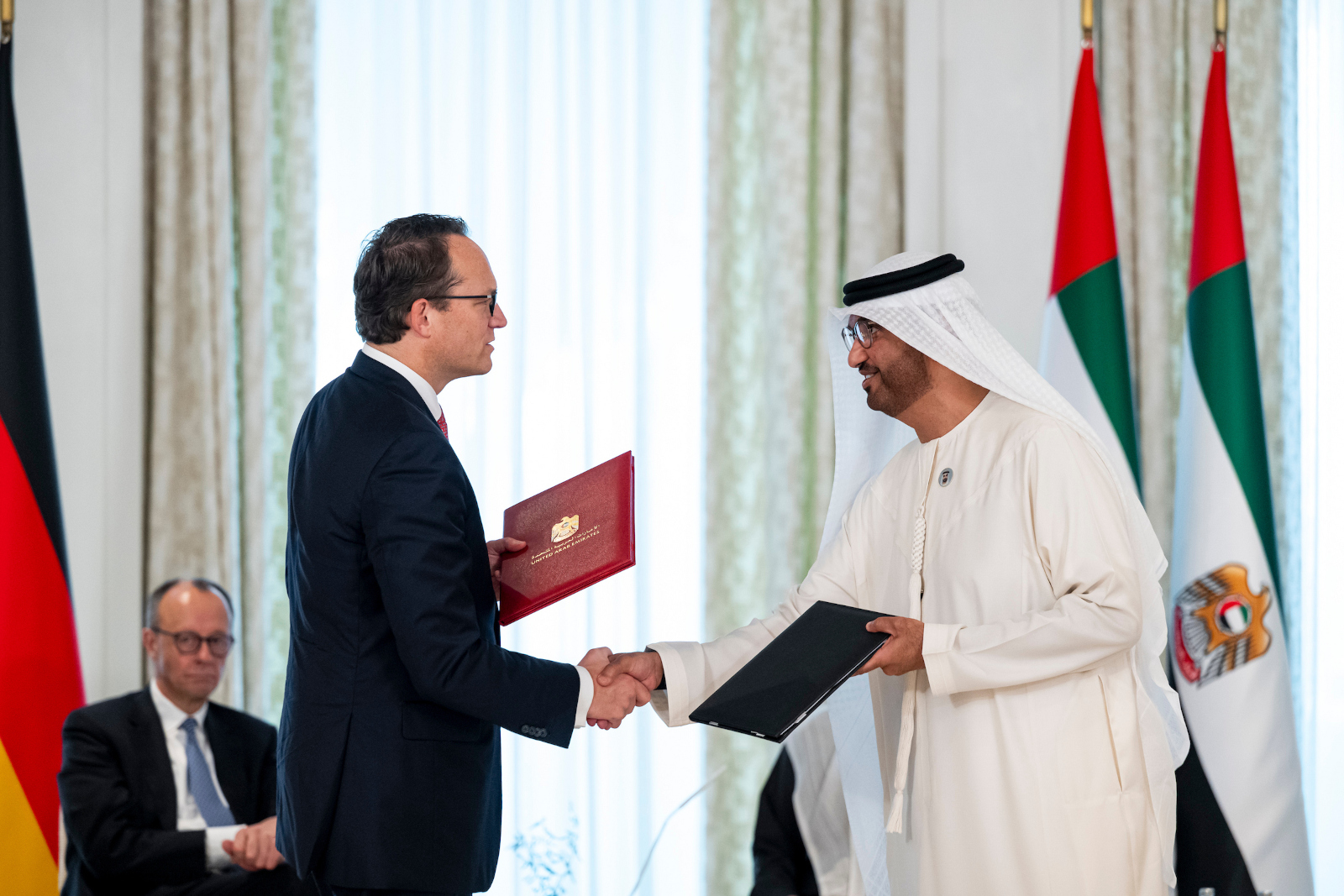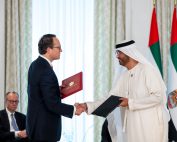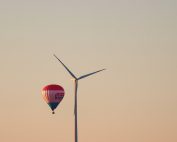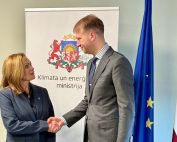The Swedish Wind Energy Association (Svensk Vindenergi) has responded to the government’s inquiry into “Financing and risk-sharing for investments in new nuclear power,” presented by investigator Mats Dillén. The association argues that the government should diversify risks instead of focusing solely on one power source and should prioritise measures that can have an impact within the next 5-10 years to avoid jeopardising both electrification and climate goals.
Key points from Svensk Vindenergi’s response:
- Urgent need for new electricity production: The association emphasises the necessity of rapidly expanding electricity production to meet climate goals and secure Swedish competitiveness and welfare.
- Short-term focus on renewables: Within the next 5-10 years, Svensk Vindenergi argues that wind, solar, and expanded storage capacity are the most realistic options to meet increasing demand.
- Nuclear power’s role: While acknowledging nuclear power’s place in the current energy system, the association points out that there are other, lower-cost technologies that can provide the same stability benefits to the grid.
- Risk of missing climate goals: The association warns that if new electricity production is not brought online in the next 5-10 years, the transition in industrial and transport sectors may be at risk, making it difficult for Sweden to achieve its climate goals.
- Call for diversification: Svensk Vindenergi urges the government to improve conditions for all types of electricity production by removing barriers and creating favorable investment conditions, rather than focusing solely on subsidising new nuclear power.
- Prioritisation of near-term solutions: If state subsidies for new electricity production are to be introduced, the association argues that power plants that can be commissioned in the coming 5-10 years should be prioritised.
This response from Svensk Vindenergi highlights the ongoing debate in Sweden about the future of its energy mix. The association’s emphasis on near-term solutions aligns with the rapid growth of wind power in the Baltic region. However, it also underscores the challenges faced by the wind industry in competing with potential government support for nuclear power.
For the Baltic wind energy sector, this debate in Sweden could have significant implications. If Sweden decides to heavily support nuclear power, it might impact investment in and expansion of wind power projects in the country and potentially influence energy policies in neighbouring Baltic states.
